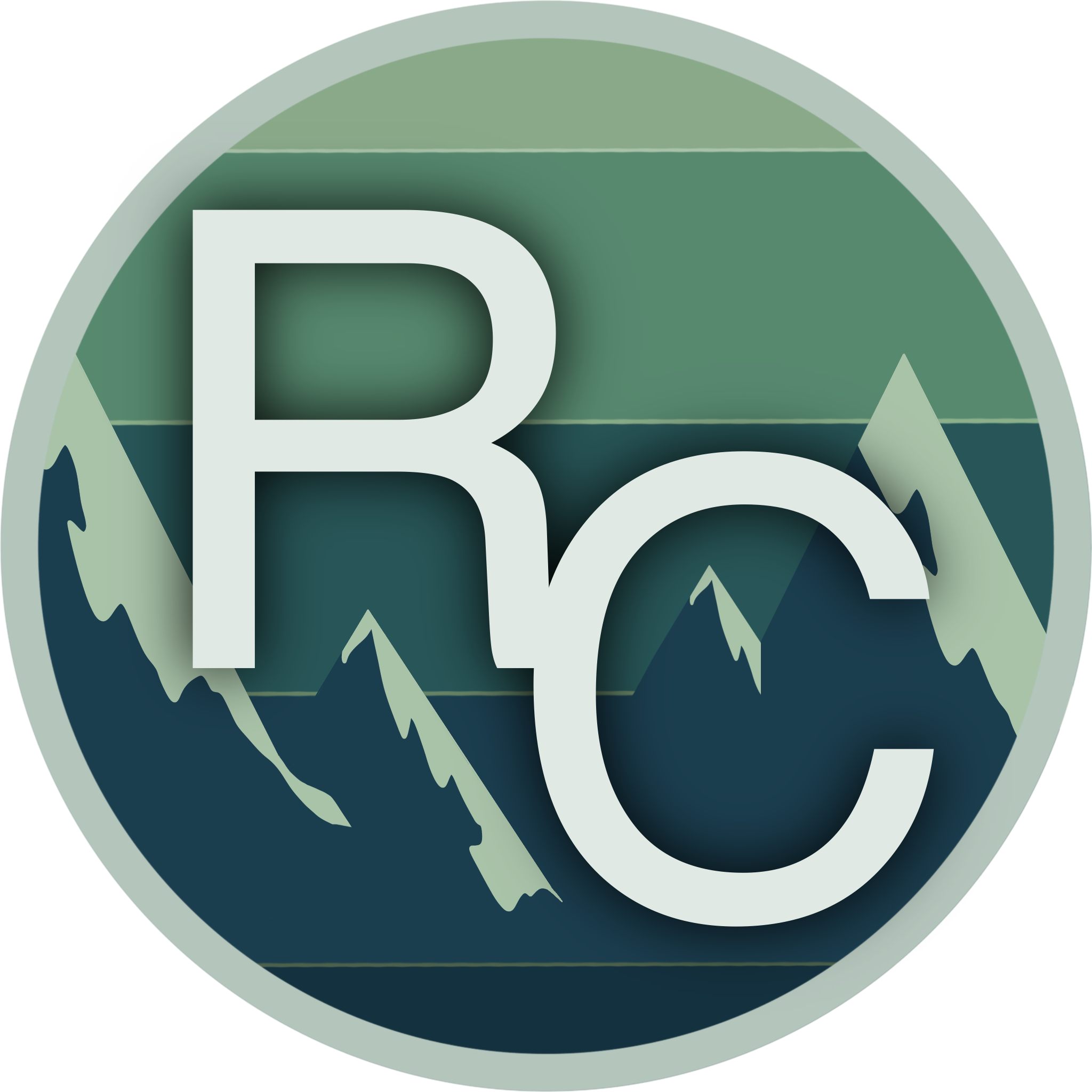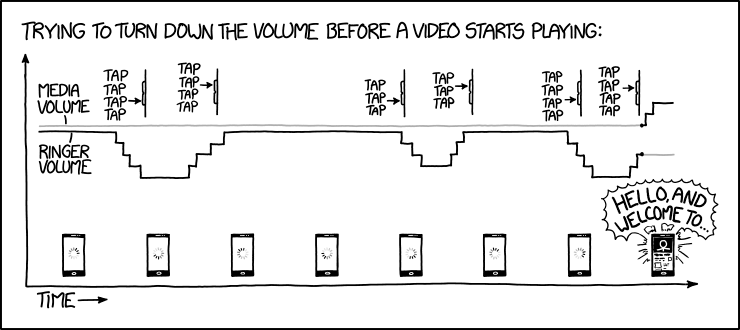Readings
Fahrenheit 451 by Ray Bradbury
Thich Nhat Hanh via Lion’s Roar
Teach tech with cartoons by Julia Evans
Why We Contradict Ourselves and Confound Each Other with Daniel Kahneman via On Being (listen)
On Overuse of Technology
Follow Cal Newport. He lead me to Jony Ive’s talk at the New Yorker Tech fest. Here’s the transcript
Jony Ive’s thoughts on Focus
I tend to be so completely preoccupied with what we’re working on at the moment. That tends to take the oxygen. Like any tool, you can see there’s wonderful use and then there’s misuse.
This isn’t a new phenomenon that we have to exercise a modicum of self-control to try and find the right balance. I do think sometimes, it’s just nice to have space. I think we fill space because we can and not because we should.
If I get to sit down for two hours with one of the world’s best silicon chip designers, I could not be happier. And what connects us is a curiosity, and also sort of sense of the authentic pursuit of excellence.
The art of focus is even if it is something you care passionately about, focus means ignoring it, putting it to the side. And often, it’s at real cost. And [Steve Jobs] was remarkable at that. And there have been a few occasions, a few periods where I felt have achieved that focus, and it’s a little eerie. You do have a sense — boundaries before impedance, before that seems insurmountable, seems trivial. And it takes so much effort and is exhausting to sustain, but all of the good things we’ve done have required that sort of focus.
If you’re going to do something new that means that the reason it has not been done before is that is there’s 55 reasons why it hasn’t been done before. And so you have to be so focused and so resolute, and in some ways almost blinkered, but you have to be so determined, but then you have to move between these two behaviors that are almost on the polar opposite.
I am confident that the mistakes weren’t born from laziness or some self-satisfied belief that it’s inevitable that they will be successful. I think we’re bunch of very anxious, worrying individuals who generally assume it’s not going to work unless we can prove otherwise.
Smartphone habits and addiction transforming into information dystopia
via The Guardian
This is classic Nir Eyal
One morning in April this year, designers, programmers and tech entrepreneurs from across the world gathered at a conference centre on the shore of the San Francisco Bay. They had each paid up to $1,700 to learn how to manipulate people into habitual use of their products, on a course curated by conference organizer Nir Eyal.
His book Hooked: How to Build Habit-Forming Products is a recipe book to shows how to game human psychology to get people addicted to your product, or as he puts it:
“Just as we shouldn’t blame the baker for making such delicious treats, we can’t blame tech makers for making their products so good we want to use them,” he said. “Of course that’s what tech companies will do. And frankly: do we want it any other way?”
But there is a line between solving a problem through satisfying a need and engineering products for more usage. Read Don Normans’ The Design of Everyday Things instead.
And push notifications, turn them off:
Brichter says he is puzzled by the longevity of the feature. In an era of push notification technology, apps can automatically update content without being nudged by the user. “It could easily retire,” he says. Instead it appears to serve a psychological function: after all, slot machines would be far less addictive if gamblers didn’t get to pull the lever themselves. Brichter prefers another comparison: that it is like the redundant “close door” button in some elevators with automatically closing doors. “People just like to push it.”
Sometimes psychology can make boring situations a little more convenient, even elevator rush hours and grocery store queues.
On the Open Office
Open offices are overrated via Vox
The idea is worth executing well because it matters too much to stop trying to fix it. By that we mean the 40 hours a week, the 8700 hours, the nearly 10 full years of your life you spend inside the four walls of one room.
The Office Gets Remade Again via NY Times
Salesforce’s new skyscraper campus in San Francisco, for example, has areas on every floor for meditation, partly inspired by the teachings of Thich Nhat Hanh, a Buddhist monk.
Create things so others can create
Getting to the Future Faster from Exponent
The conversation starts with a discussion on long term thought development via writing on a blog instead of cementing a momentary mindset in a book. In a blog, the audience can learn and grow with the author, while the author can support writing with a subscription business model. They move into universal basic income, single person businesses with an audience of 100s and Etsy as a model for unlocking creative potential of people across the world. Also, Instagram and YouTube stars are entrepreneurial in a job that did not exist five to ten years ago. How can we build technology that enables more people to create?













